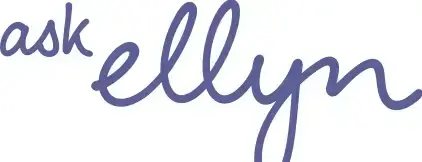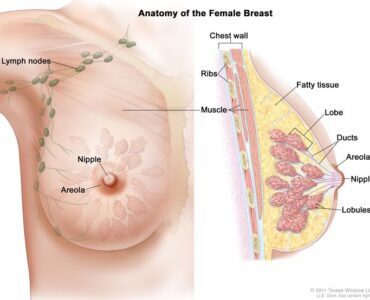In a landmark move for women’s health, the U.S. Food and Drug Administration (FDA) has announced it will remove long-standing “black box” warnings from hormone replacement therapy (HRT) products used to treat menopause symptoms — a decision that could reshape how millions of women manage this life stage.
The announcement came from the U.S. Health and Human Services (HHS) Secretary Robert F. Kennedy Jr. and FDA Commissioner Marty Makary, M.D., M.P.H., who together called the change “a restoration of gold-standard science to women’s health.”
For more than two decades, HRT use has been clouded by fear and misinformation, largely stemming from the early 2000s Women’s Health Initiative (WHI) study — a study whose findings have since been heavily scrutinized for design flaws and outdated hormone formulations. The result? Many women and physicians became hesitant to consider hormone therapy, even when the potential benefits were significant.
“Today, we are standing up for every woman who has symptoms of menopause and is looking to know her options,” said Secretary Kennedy. “We are returning to evidence-based medicine and giving women control over their health again.”
A New Chapter for Menopause Care
As estrogen and progesterone decline in menopause, many women experience hot flashes, night sweats, sleep disturbances, and bone loss. FDA-approved hormone therapies can help restore balance and alleviate these symptoms.
With this new action, the FDA will remove boxed warnings related to breast cancer, cardiovascular disease, and probable dementia from product labelling — while maintaining the warning for endometrial cancer in estrogen-only products.
This decision follows a comprehensive scientific review, an expert panel meeting in July, and a public comment period. According to the FDA, new analyses show that women who begin HRT within 10 years of menopause onset (typically before age 60) may actually experience reduced all-cause mortality, lower rates of fractures, and up to 50% fewer cardiovascular events compared to non-users.
The agency is also approving two new therapies:
- A generic version of Premarin (conjugated estrogens) — improving affordability and access.
- A non-hormonal treatment for moderate to severe hot flashes, providing an option for women who cannot or prefer not to use hormone therapy.
Important Note for Breast Cancer Survivors
While this is welcome news for many women entering menopause, HRT is not recommended for women who have been diagnosed with hormone receptor–positive breast cancer — especially those currently taking aromatase inhibitors (AIs) such as letrozole, anastrozole, or exemestane.
These therapies work by blocking estrogen production, and introducing additional hormones can interfere with treatment efficacy and increase risk of recurrence.
If you are a breast cancer survivor or currently in treatment, it’s important to speak with your oncologist before considering any hormone-related therapies. There are non-hormonal strategies and supportive approaches available to manage menopause symptoms safely.
You can explore these in AskEllyn’s related guides:
- 🦋 Managing Menopause After Breast Cancer
- 💬 Understanding Aromatase Inhibitors and Their Side Effects
- 🌿 Coping With Hot Flashes Without Hormones
For authoritative, science-based guidance, visit:
- U.S. Food and Drug Administration – Menopause & Hormone Therapy
- American Cancer Society – Menopausal Hormone Therapy After Breast Cancer
- National Institutes of Health – Hormone Therapy and Women’s Health
The Bigger Picture
“Estrogen is a key hormone for women’s health. Every part of a woman’s body depends on it—including the brain, bones, heart, and muscles,” said Alicia Jackson, Ph.D., Director of the Advanced Research Projects Agency for Health. “Removing the black box warning empowers millions of women to live longer, healthier lives.”
For the first time in more than 20 years, the conversation around menopause is shifting from fear to informed choice. Women now have a chance to discuss options with their doctors using updated, evidence-based information — not the shadow of outdated studies.
At AskEllyn.ai, we believe every woman deserves clear, compassionate, and credible information to make decisions that feel right for her body and her life stage. Whether you’re managing menopause naturally, exploring treatment options, or navigating life after breast cancer, knowledge is power — and power is healing.
Disclaimer: AskEllyn.ai does not provide medical advice. Always consult your healthcare provider before starting, stopping, or changing any treatment.




